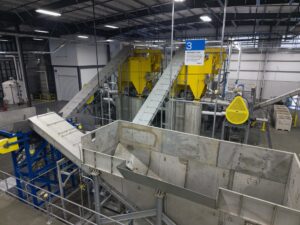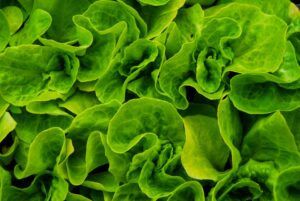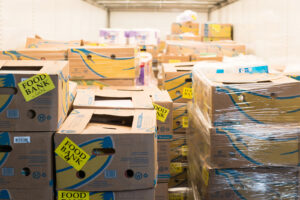March 27, 2023
Originally published in Forbes, March 27, 2023.
We’ve become accustomed to selecting the best-looking produce and discarding others that are misshaped or blemished. Naturally, this behavior leads to food getting unnecessarily tossed out. The sheer abundance of food is increasingly leading us to be disconnected from its value—how it was grown from a seed, to the water and energy that went into producing it, to the people and transportation that went into bringing it to your store shelf.
Even food that becomes inedible or cannot be donated is still a valuable commodity. Composting has become a great way for consumers to turn inedible produce into sustainable community gardens. At the commercial scale, where stormwater management, fugitive odors and plastic packaging—including apple stickers—are problematic for composting, anaerobic digestion is better suited. These facilities are contained, operate on a smaller footprint, can better screen any plastic contaminants all while recovering energy from inedible food and create rich soil amendment, ideal for blending with finished compost.
How We Can Fuel Change And Move Forward
While there is still work to be done, we are making progress. Last year, Feeding America rescued 3.6 billion pounds of groceries to feed food insecure families. Now, the recent signing of the Food Donation Improvement Act expands protections for commercial food donations, furthering food banks’ ability to get quality ingredients in the hands of those who need it while reducing waste.



